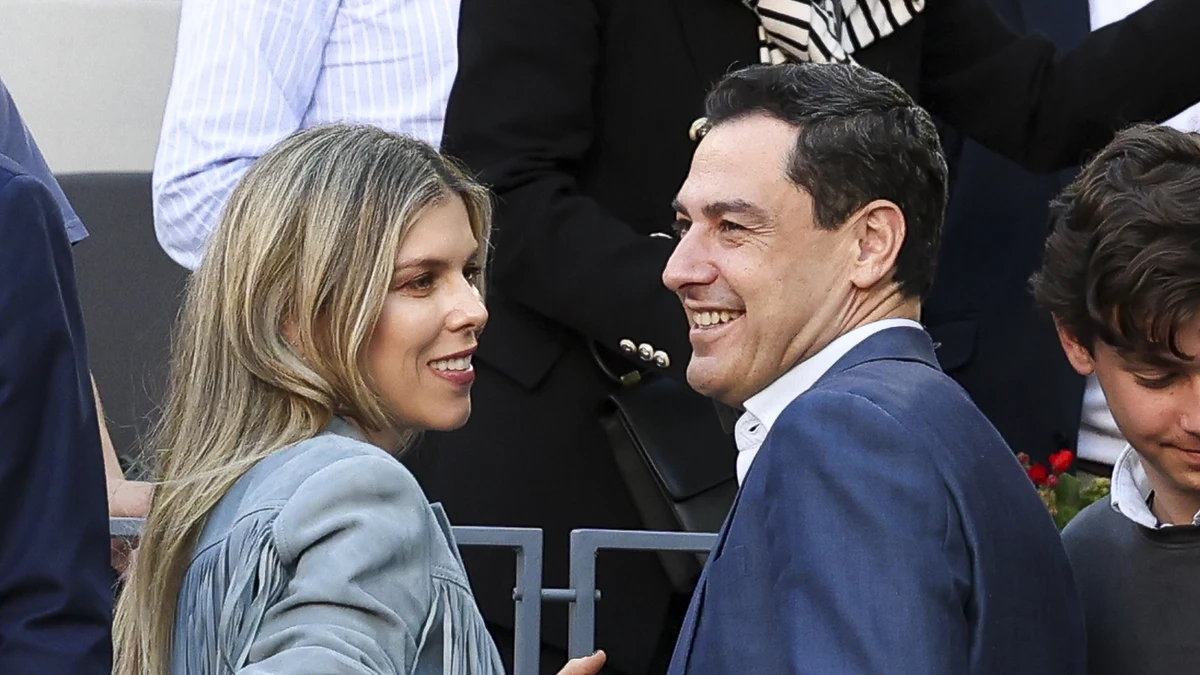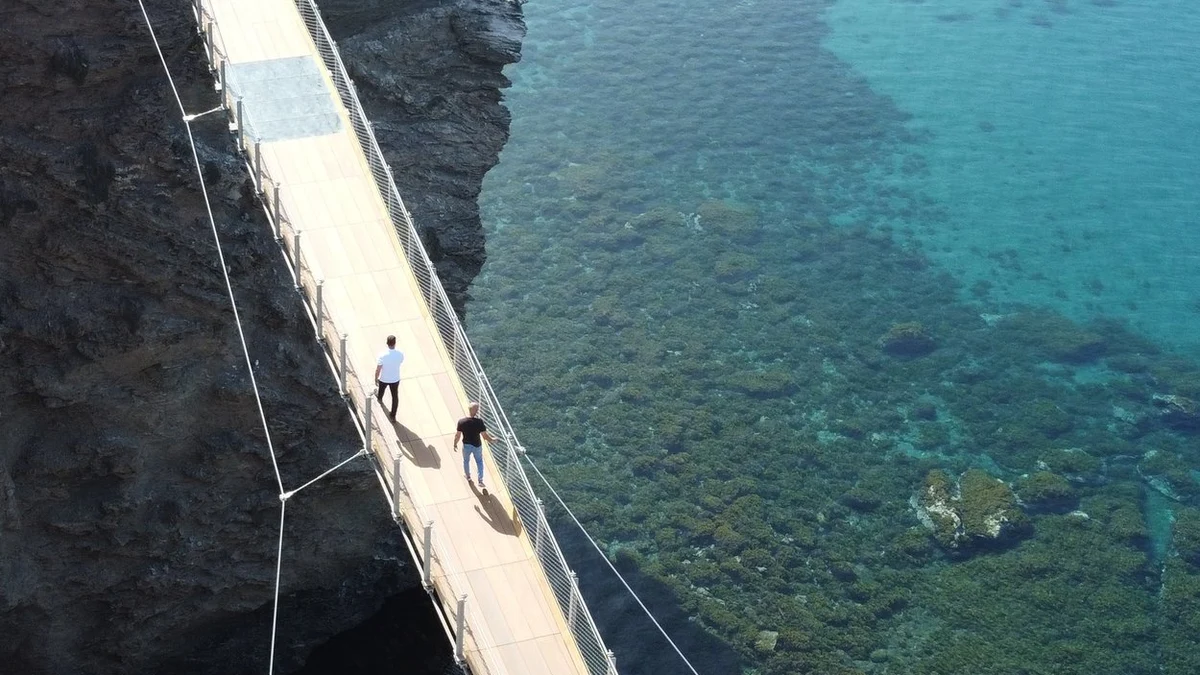Chicago, a city built on the shores, indeed the wetlands, of Lake Michigan, is no stranger to the importance of fresh water. However, it’s easy to mistake the lake’s vastness for abundance, forgetting that only 1% of the world’s surface water is fresh. Yet this seemingly small percentage supports an astonishing 10% of all life on Earth, including more than half of all known fish species.
Wetlands — bogs, swamps and marshes — offer critical breeding, nesting, feeding and overwintering habitats for a wide range of species, including salamanders, spotted turtles and migratory birds. These vital, diverse habitats nurture plants, wildlife and billions of people across the world by improving water quality, buffering floods and storing carbon. Their loss, driven by our thirst for fresh water and hunger for more land, is exacerbated by climate change.
Alarmingly, we are losing freshwater habitats, especially wetlands, at three times the rate of terrestrial spaces such as forests. The United Nations estimates one-third of the world’s wetlands have been destroyed since 1970, cutting down biodiversity and threatening food and water shortages in many regions. An example close to home: The remnant marshes around Lake Calumet are the only surviving wetlands in Chicago. According to the U.S. Fish and Wildlife Service, 40% of all plant and animal species live and breed in wetlands, with about half of all threatened and endangered species depending on wetlands for some part of their life cycle.
Beyond the need to curb loss and ideally restore wetlands to ensure critical biodiversity, these remarkable environments are also an enormous part of climate change solutions. That’s because wetlands — and all freshwater environments — have a not-so-secret superpower. They are all natural buffers to the impacts of climate change.
Just 1 acre of wetlands can absorb upward of 1.5 million gallons of stormwater — protecting surrounding areas from flooding and conversely retaining water during times of drought. They can also sequester 50 times more carbon than rainforests — acting as an important sink for greenhouse gases while also cleaning polluted water. Rivers and wetlands are also natural carbon conveyors, depositing sediment into our oceans and further keeping carbon out of our atmosphere.
By investing in freshwater conservation research in the western suburbs, supporting high school and college on-the-ground student education, and mobilizing volunteers through action days and the Cook County Forest Preserves’ Ecological Stewardship program, we are restoring and building resilience in dynamic freshwater wetlands — insulating our state from the growing list of threats and natural disasters.
Additional investments include removal of invasive buckthorn plants that outcompete other vegetation and threaten native species in our wetlands and installation of floating wetland habitats to re-wild the Chicago River and bring back native species such as bluegill, black-crowned night herons and snapping turtles.
Through partnerships with the Cook County Forest Preserves and Urban Rivers, we are taking action throughout the state to restore wetland habitats. This benefits amphibian species and dozens of native plants but also has enormous economic value. Moreover, these efforts are gaining momentum and scale, with major initiatives underway in Illinois such as the Wetlands and Small Streams Protection Act, which will protect our state’s wetlands after the U.S. Supreme Court rolled back the 1972 Clean Water Act last year.
More immediately, investing in fresh water is also a commitment to human health and that of the next generation. Our Chicagoland waterways are all connected, running through the suburbs and city alike. Healthy, resilient natural areas are critical to the Chicago region’s climate resiliency and equitable access to clean and healthy water.
It is up to all of us to appreciate the pricelessness of our freshwater spaces and ensure they continue to flow and thrive for many years to come.
Protecting our state’s wetlands is an opportunity, and an obligation, that sets us on a path to a healthier, more resilient future for Chicago and Illinois and — given the abundance of fresh water in the Great Lakes in contrast to the rest of the world — for the whole of the United States and Canada.
Bridget Coughlin, Ph.D., is president and CEO of the Shedd Aquarium.
Submit a letter, of no more than 400 words, to the editor here or email letters@chicagotribune.com.





